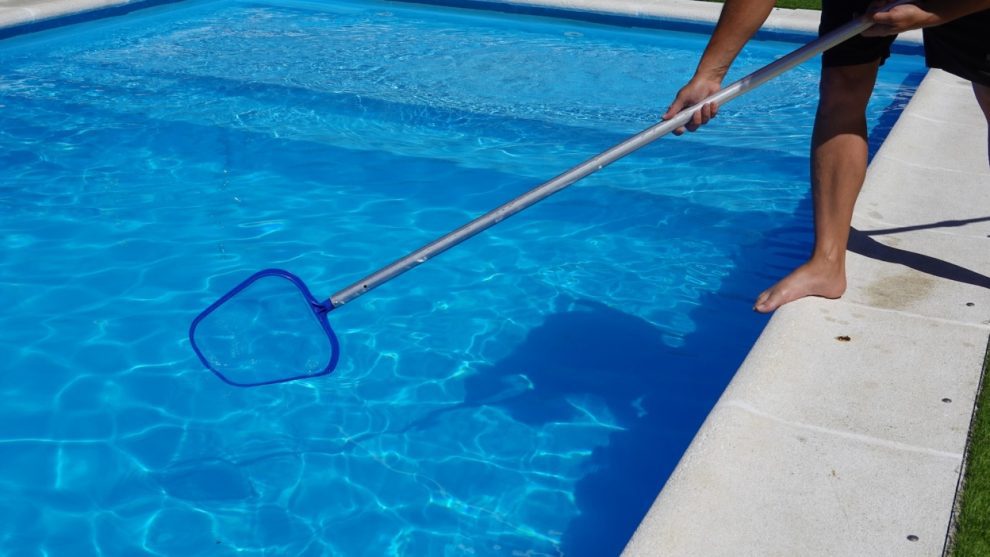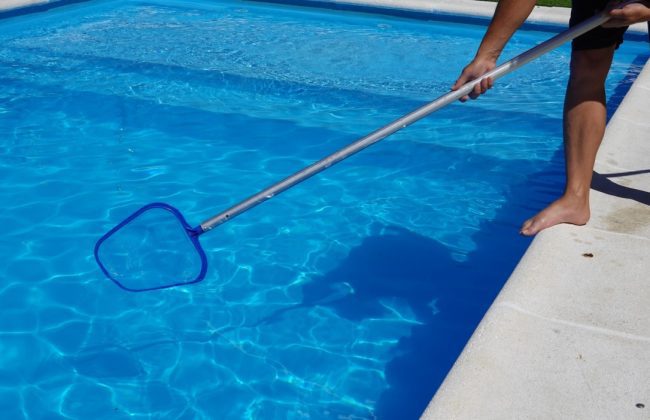What’s that sound?
If your pump’s suddenly making strange noises, don’t brush it off. Those odd clanks, whines, or rattles aren’t just irritating background noise — they’re trying to tell you something. And often, they’re the earliest warning signs that something’s about to go seriously wrong.
Pumps aren’t supposed to be loud. Sure, there’s a hum when they’re running, but if it starts to sound more like a struggling lawnmower than a smoothly running system, it’s time to pay attention.
Let’s talk about the sounds you should never ignore and what they usually mean.
What’s normal, what’s not?
All pumps make some sound. A consistent, low-level hum or soft whoosh is completely fine — that’s just the motor doing its job and water moving through the system. But when you start to hear anything outside that normal rhythm, it’s a red flag and a clear indicator that you need to find a company that specialises in professional pump repairs Perth and beyond.
So what should you listen for?
- Grinding – Think of metal rubbing against metal. This usually points to bearing wear or internal components seizing up.
- Screeching or whining – Often caused by a dry-running pump or a motor struggling due to friction. It’s loud, high-pitched, and not something to ignore.
- Banging or knocking – Known as “water hammer,” this can happen when water flow suddenly stops or changes direction. It’s usually linked to poor installation or sudden valve closures.
- Rattling – Loose parts or debris caught inside the pump could be causing this. Either way, it’s a sign that something’s not secure.
- Gurgling or sucking – If it sounds like your pump is trying to drink the last bit of a milkshake, it might be starved of water. That usually means a blockage, a leak, or a problem with the priming.
Each of these sounds gives a clue about what’s going wrong and why your pump might be on its way out.
Why ignoring it can cost you
Noise is often the first symptom of a deeper issue. Wait too long, and you could be looking at a full-blown failure.
Pumps work under pressure. That pressure keeps your system flowing smoothly, whether it’s for water, heating, irrigation, or another use. When a part starts to wear down — bearings, seals, impellers — it creates friction. That friction causes noise. The more worn the part gets, the louder it becomes.
Ignore that noise long enough, and the pump may stop working altogether. And when it does, you’re not just looking at the cost of a new pump. You could be dealing with leaks, water damage, or disrupted systems that affect your home or business. Prevention always costs less than repair.
What causes a pump to get noisy in the first place?
There are a few common reasons pumps start to make a racket. Some are wear-and-tear issues. Others are down to how the system was installed or maintained.
Here’s what usually causes the noise:
- Worn bearings – Bearings help moving parts glide smoothly. Once they degrade, everything starts to grind.
- Misalignment – If the motor and pump shaft aren’t lined up correctly, you’ll get vibration and noise. That misalignment only gets worse over time.
- Cavitation – This is a big one. Cavitation happens when air bubbles form in the liquid and collapse inside the pump. It sounds like rocks tumbling around inside and can destroy the impeller.
- Blockages – Debris or sediment stuck in the system can disrupt flow and create noise as water forces its way through.
- Dry running – When the pump runs without enough water, it causes friction and overheating. You’ll often hear a loud screech or whining.
- Loose parts or mounts – If something isn’t bolted down properly, even a small vibration can rattle and echo through the entire unit.
When to call someone in
If you hear something once, and it doesn’t come back, it might just be a one-off. However, if the sound remains consistent or worsens, it’s time to take action.
You don’t have to wait for the pump to fail before reaching out. In fact, catching it early can save you hundreds, if not thousands, depending on what the pump supports.
A qualified technician can check for wear or damage, test alignment and motor condition, inspect seals, bearings, and impellers, clean out any debris or build-up, and recommend repair or replacement if needed. It’s always better to fix a small issue now than replace the entire system later.
Can you stop it before it starts?

Yes, most pump issues are preventable with a bit of care and regular maintenance. If your pump is part of a critical system, make a habit of checking it every few months. Listen to how it sounds when it’s working properly. That way, any unusual noise will stand out straight away.
Also:
- Keep the pump clean and dry
- Make sure it’s properly lubricated
- Ensure there’s enough water to avoid dry running
- Regularly inspect for leaks or signs of corrosion
- Replace worn parts before they become a bigger problem
You don’t need to be an expert to keep an ear out. Just being familiar with what’s normal is often enough to spot trouble early.
Don’t wait for silence
Strange noises are never just “part of the process.” Pumps aren’t meant to be loud, and when they are, it’s their way of telling you something’s wrong.
The worst thing you can do is wait until the noise stops. Because when that happens, it usually means the pump has too.
Pay attention to the sounds your pump is making. They might be annoying now, but they’re actually doing you a favour; giving you a noisy clue before things get much worse. Listening now could save you a whole lot of hassle later.

